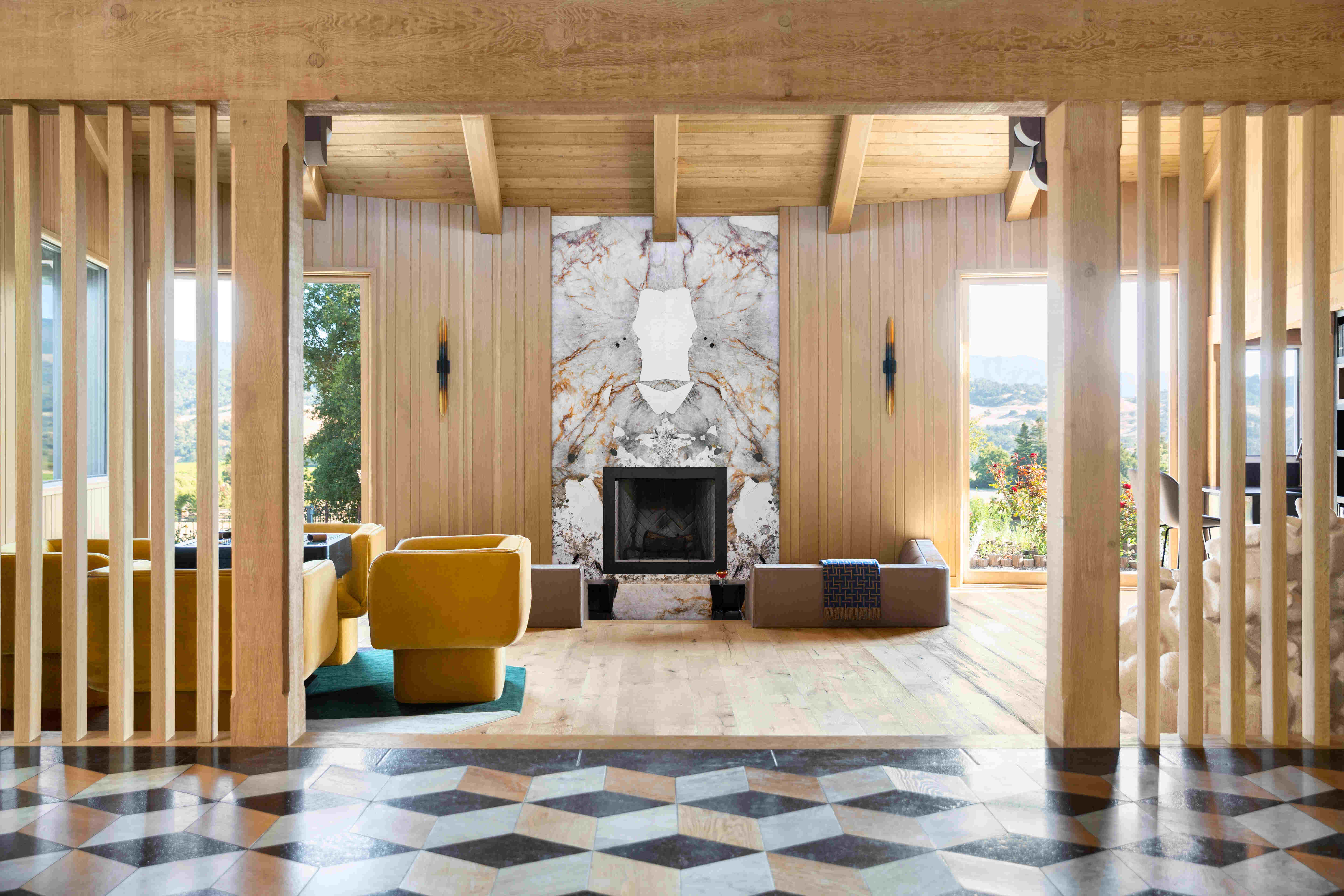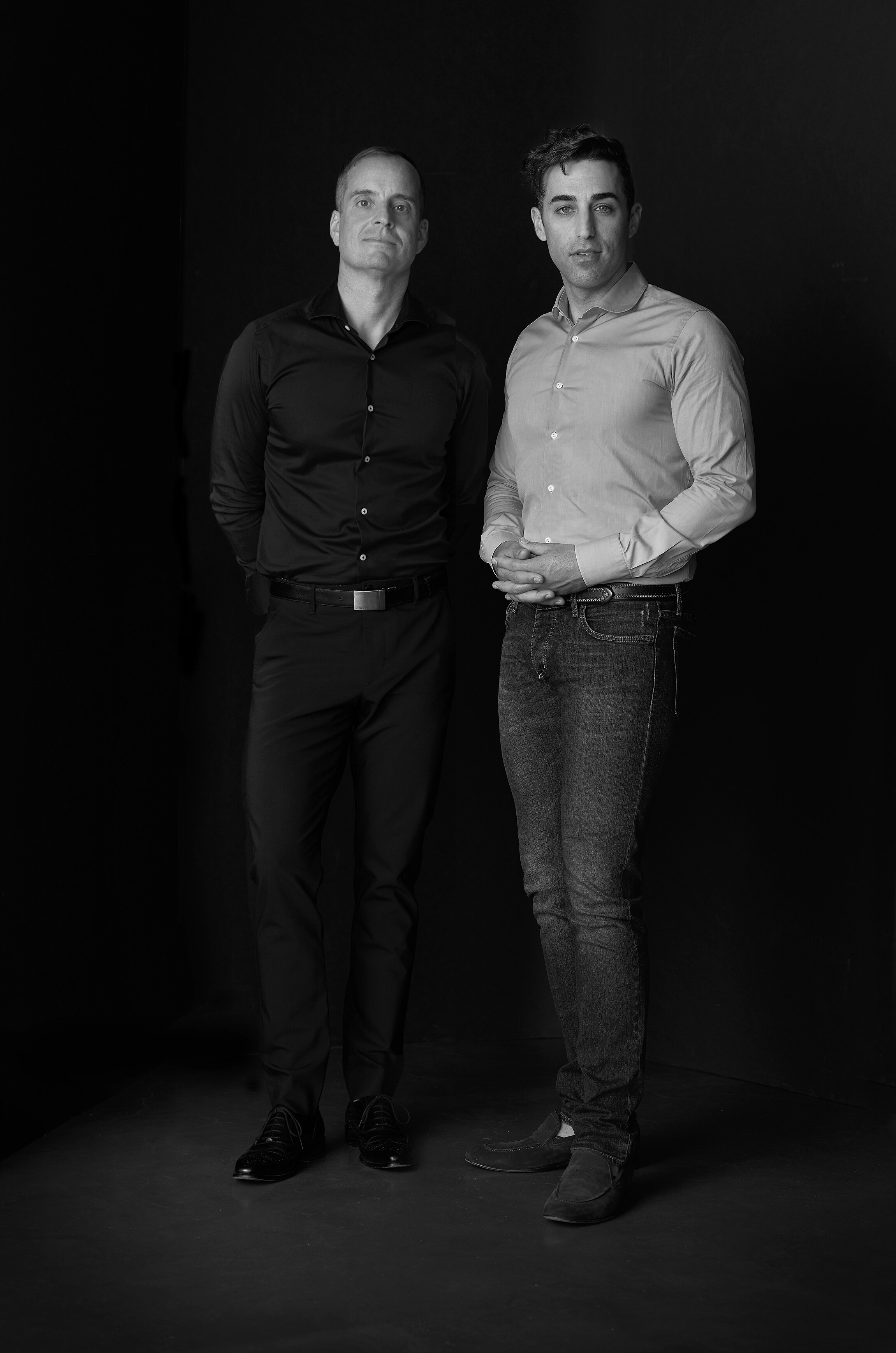For nearly 15 years, fresh, timeless designs and meticulous attention to detail have earned Los Angeles-based design firm, FORM Design Studio, a devoted clientele and a portfolio of innovative, commissioned spaces.
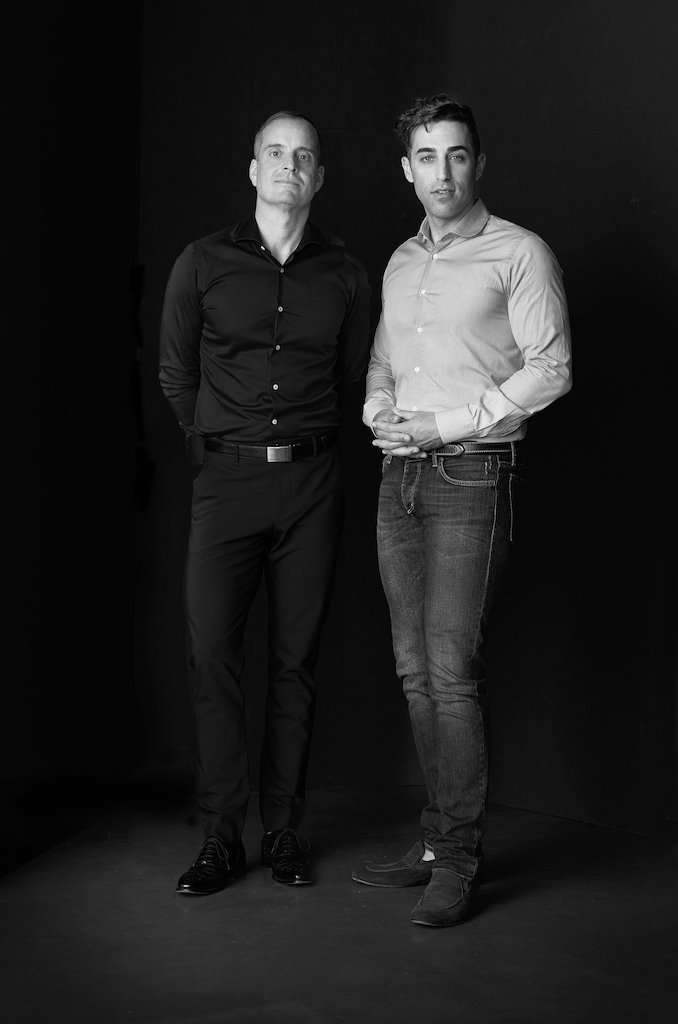
Joshua Rose & Rafi Kalichstein
Photo Credit: FORM Design Studio
Founders and Principals at FORM Design Studio, Joshua Rose and Rafi Kalichstein, recently sat down and spoke to Haute Design about their design philosophies and why they prefer to work in tandem rather than as sole proprietors.
Haute Design: What is your favorite part about working as a duo?
Joshua Rose: I think we get to the iterative process faster than a lot of other sole proprietors or single principal firms. Along with our team, if we do not all agree that a particular decision is the best option, we don't move forward. At the end of the day, once all of us are aligned on the same perspective, the results are that much stronger and our collective buy-in allows us, in many ways, to work more efficiently.
Rafi Kalichstein: It's important to note, as Josh mentioned, that we aren't a firm of two. We are two principal designers in a small team. That said, one of the things I think is most valuable in design is peer review. There's no architectural firm worth its salt that is going to issue a set of drawings without peer review, regardless of how high or low in the chain the person who drafted these drawings finds themselves.
I think we have a tremendous advantage because the peer review process is so engrained in our DNA. The intrinsic trust and understanding among our team allows us to deliver work at a level of quality that I think is hard to find.
Lastly, I would say there is a practical benefit inherent in the way we deal with projects and personalities. We have extra tools in our tool kit to manage clients' expectations, personalities, or whatever the case may be. If I am not reaching a client in a certain way, there is a chance that someone else in the team can. We rely heavily on each other.
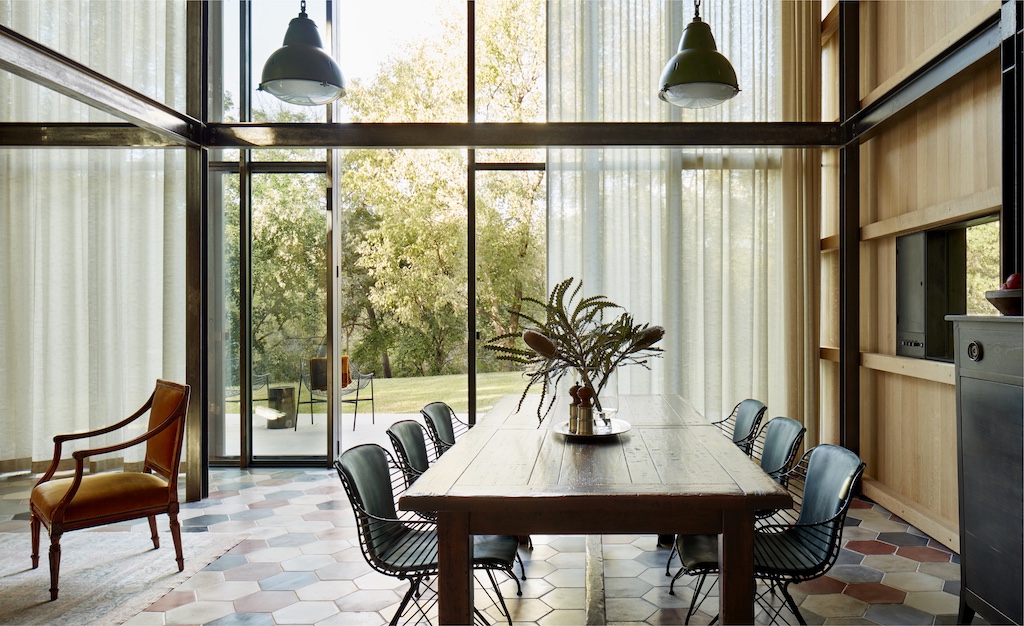
HD: Josh, what do you feel is the most valuable skill set you bring to the table? What is Rafi's?
JR: The most valuable skill I bring, Rafi will probably say is the thing that drives him most crazy about me is that I'm really a do-er and I like to get things done and move on. I think I can cue things up really well and can get us to move the ball down the field efficiently. The creative is a given, you can't be a principal designer without having some sort of talent. But what I'm referring to is a more managerial high-level thinking.
Rafi's greatest skill set is that he is unbelievably detail-oriented. We're all detail-oriented to an extent but he's detail-oriented on so many different levels, not only on design and execution but also when collaborating with subcontractors, working with trades, and being cognizant of what the clients are going to be left with. He thinks on this really multi-dimensional level to make sure that every 'i' is dotted and every 't' is crossed, so that we can feel extremely confident in the work we deliver, which tempers my inclination to just keep moving. It is a constant dance between us.
At the end of the day, when you're dealing with millions of dollars, you have to be responsible and you need to feel comfortable with not just aesthetics but how people will live with your designs.
HD: Same question to you, Rafi.
RK: Josh has an incredible observational capacity. Not to mention his memory, on which I rely heavily. While I know I'll see all kinds of things, to know that there is someone who can see your blind spots, is unbelievable. There is a real freedom and joy in that.
I think tenacity is my best quality, which can also be a hindrance, as Josh points out. But my unwillingness to let go until we have gotten the best solution is really an asset. There's a yin and a yang to everything we do together.
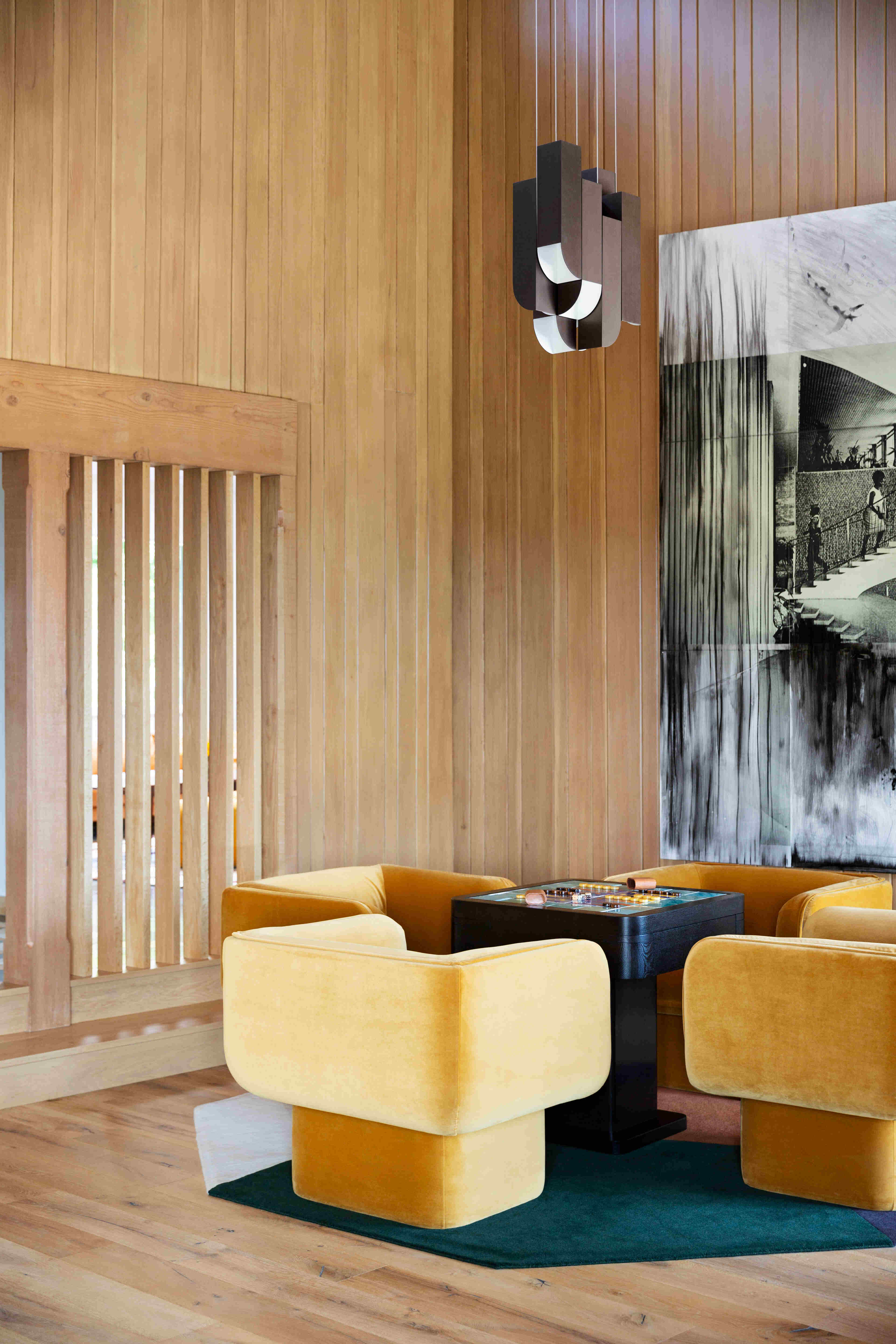
HD: Each of you has separately unique design backgrounds. Rafi, what is the most valuable trait you have kept from your Feng-shui background?
RK: First, I'll broaden it to say that it's diagnostic skills and tools, as well as the ability to see the unseen. There are things that I just know in my bones, which comes from years of diagnosis.
HD: Josh, same question to you, regarding your time in visual FX.
JR: I think the strongest trait I have kept from that time is dealing with big personalities. I've been in very intense situations with some of the biggest film producers in the world. Navigating that in my 20's taught me so much, so I can certainly deal with clients and builders and intense deadlines.
HD: Where do either of you see FORM Design Studio in the next five to 10 years?
JR: I see us continuing to do what we're doing, which is delivering commissioned, beautiful, large-scale luxury projects. I think our product development channel will continue to grow as we add partners and collaborators. By then I think we'll definitely have fabric and wall coverings, and we'll have established a luxury high-end furniture presence as well.
RK: We would like it to grow our team a little bit, but there's a line past which we are not interested in traversing because of what we love about what we do. If you get too big, you become manager and project-getter, but you can't really get your hands dirty because there's no time. I don't think either of us is interested in just being managers. We will both always want to be deep in the worlds we design.
